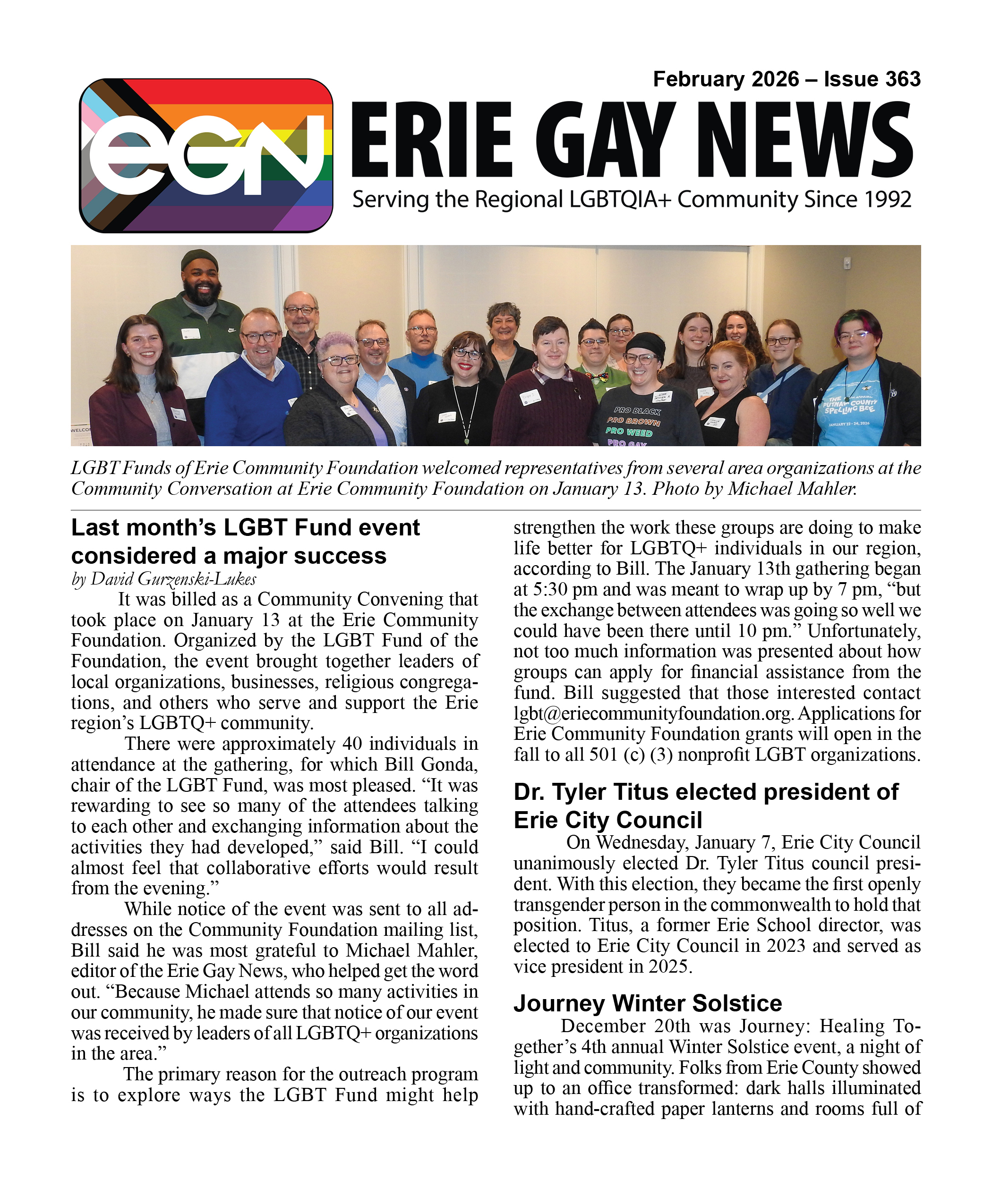Get the Facts about Transgender & Non-Binary Athletes
Transgender and non-binary people, in particular trans and non-binary student athletes, are under attack by politicians at all levels of government, as well as in the media. 2021 officially surpassed 2015 as the worst year for anti-LGBTQ+ legislation in recent history, with 27 anti-LGBTQ bills enacted. 2022 looks to be continuing this trend, with the first weeks of the year seeing anti-LGBTQ+ bills under consideration in state legislatures across the country. More than 55 directly target transgender girls and women in sports and would prevent them from playing on the team that aligns with their gender identity.
When reporting on issues related to transgender and gender non-confirming people, please use the Human Rights Campaign's Brief Guide to Getting Transgender Coverage Right in order to ensure inclusive and accurate coverage. In addition, if you're reporting on trans youth in sports, please find some facts and resources below.
Transgender and non-binary people have been under attack for years - the pivot to sports is yet another front in this fight.
For the last two decades, anti-LGBTQ politicians have attempted to sow disinformation about LGBTQ+ people's rights to score cheap political points with their base. Transgender and non-binary people have been the target of many of these attacks, especially since the 2015 state legislative sessions. Then, so-called bathroom bills were a major focus and politicians lied about threats to women and girls' safety that never materialized. Today, trans and non-binary youth are the target of these attacks, with baseless arguments about sports participation and misinformation about affirming healthcare access.
At least 35 of the more than 250 bills proposed in 2021 would unnecessarily regulate or prohibit transgender youth from being able to access best-practice, age-appropriate, gender-affirming medical care. So far, two bills of this kind have become law -- in Arkansas, when the state House and Senate overrode Governor Asa Hutchinson's veto of House Bill 1570, which is aimed at denying medically-necessary, gender-affirming services to transgender youth, and in Tennessee, when Republican Governor Bill Lee signed SB 126, which unnecessarily regulates life-saving, best practice medical care for transgender youth. Such bills have proliferated in the last two years, despite no evidence that there has been any issue with youth receiving inappropriate care. In fact, these bills are opposed by organizations dedicated to children's health, including the American Academy of Pediatrics, the American Association of Child and Adolescent Psychiatry, the National Association of Social Workers, and more.
These attacks on transgender youth generally, and trans athletes specifically, are fueled by discrimination, not facts. These bills represent a cruel effort to further stigmatize and discriminate against LGBTQ+ people across the country, specifically trans youth who simply want to live as their true selves and grow into who they are. After failing to prohibit trans and non-binary people's access to restrooms, legislators have pivoted to using misinformation about sports as the next way to score political points.
Proponents of anti-trans sports bans are relying on stereotypes that have sexist implications.
While it may be true that a particular transgender youth has physical abilities that help them in the sport of their choice (like height, which is helpful in volleyball for instance), natural variations in physical characteristics are part of sports, especially at younger ages. Many of these bills would govern play at elementary and middle school as well as high school, when all youth's bodies are undergoing tremendous change at significantly varying speeds. In other sports, a smaller physique might be to an athlete's advantage. And, like all other youth, trans youth are short and tall, strong and not, fast and slow.
Breaking down these stereotypes also breaks down these arguments. Transgender girls are not new, and they're not taking over girls' sports. In fact, transgender youth:
- are a small part of the overall population in schools, and only about half of trans youth identify as girls (opponents don't seem as interested in trans boys, who they assume will not be able to compete with cisgender boys - a sexist assumption),
- just like other other youth, have varying interest in playing sports,
- just like other youth, will have varying degrees of physical ability and attributes that may/may not lend themselves to success in the sport of their choice,
- just like all other youth, will have varying degrees of seriousness and commitment to sports.
Transgender youth already face very high levels of discrimination, including in school.
Transgender youth experience all kinds of mistreatment (such as harassment, harsher discipline, or physical or sexual assault) because of their gender identity. There are many very real challenges that face transgender youth, including mistreatment in schools, family rejection, threats of physical violence, and other discrimination. Anti-trans sports bans risk further marginalizing young people who already face tremendous challenges in school. Proponents of these bans suggest that trans athletes are pretending to be trans in order to do well at sports - ignoring entirely the incredible stigma trans youth face.
Twenty states, the IOC, and the NCAA have allowed trans athletes to play sports for decades, with no problems.
If there was truly an existential issue with transgender athletes competing in sports, these bodies would be taking more specific steps to address it. What we're actually seeing is the opposite - legislators using transgender youth as a culture war talking point are attempting to put into place bans that nobody is asking for. The NCAA's recent change to remove non-discrimination protections from its constitution and defer to IOC guidelines was a political decision that abdicates their responsibility to protect student athletes, but it does not meaningfully change the current state of play: transgender students can play sports, with specific requirements in place for each sport.
Playing sports comes with well-known academic, emotional, mental, and social benefits. Transgender youth should not be shut off from these opportunities.
Playing sports helps young people maintain good physical health, build self-confidence and self-esteem, grow leadership skills, understand the value of teamwork, and much more, according to the President's Council on Sports, Fitness, & Nutritional Science.
Numerous athletes at both the amateur and professional level have spoken out in support of their transgender teammates and competitors.
These athletes include Women's World Cup champion soccer player Megan Rapinoe, tennis icon Billie Jean King, Stanford swimmer Brooke Forde, NBA star Dwyane Wade, Canadian soccer phenom Erin McLeod, WNBA star Napheesa Collier, and many more. Additionally, sports organizations like the Ivy League, the College Swimming & Diving Coaches Association of America (CSCAA), and others have spoken out publicly to defend trans people's presence in sports.
For more information, please visit hrc.org/transgender, HRC's Transgender and Non-Binary People FAQ and HRC's Brief Guide to Getting Transgender Coverage Right.



